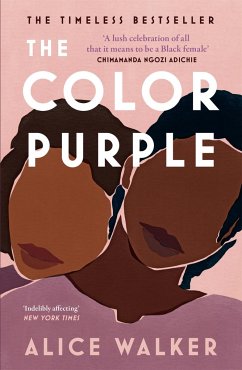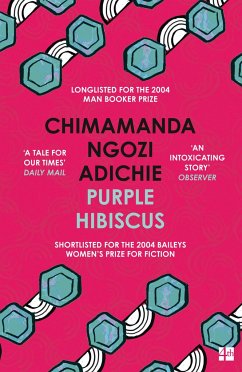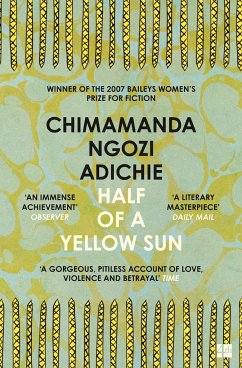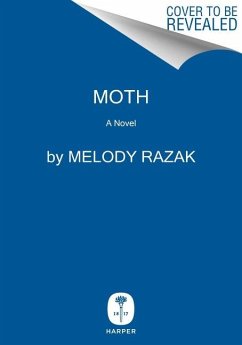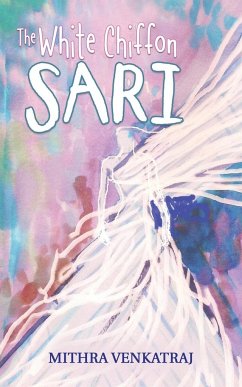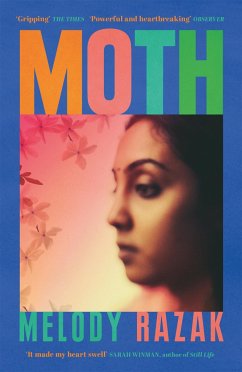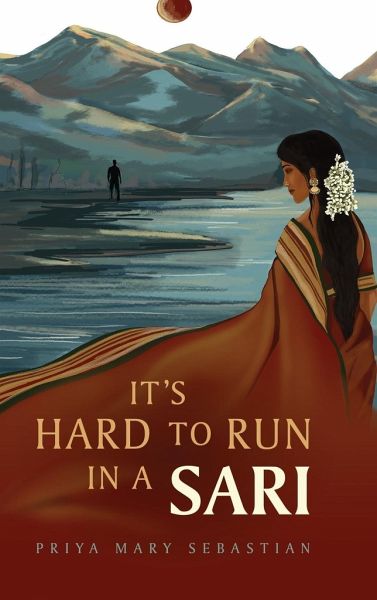
It's Hard To Run In A Sari
Versandkostenfrei!
Versandfertig in 1-2 Wochen
23,99 €
inkl. MwSt.
Weitere Ausgaben:

PAYBACK Punkte
12 °P sammeln!
He was a Muslim boy. She was a Hindu girl. Both were raised in traditional, conservative families. Separated by centuries of cultural and religious animosities, they might as well have been living on two different planets. When their worlds collided, it was the beginning of a journey that took them to the brink of despair yet, they found within themselves new meaning and a will to survive. Set in rural Kerala, India, in the 1950s, the novel strives to present a realistic picture of the socioeconomic and religious climate prevalent at that time. Soon after gaining independence from Britain in 1...
He was a Muslim boy. She was a Hindu girl. Both were raised in traditional, conservative families. Separated by centuries of cultural and religious animosities, they might as well have been living on two different planets. When their worlds collided, it was the beginning of a journey that took them to the brink of despair yet, they found within themselves new meaning and a will to survive. Set in rural Kerala, India, in the 1950s, the novel strives to present a realistic picture of the socioeconomic and religious climate prevalent at that time. Soon after gaining independence from Britain in 1947, the Indian economy was in shambles: jobs were scarce, money was tight, and goods and services were hard to come by. Faced with such hardships, people withdrew into the familiar cocoons of their differences; that is, they erected fences-both religious and social-around themselves. The Hindu caste system reigned supreme; even inter caste marriages were unacceptable. In such a culture, one can only imagine the hellfire that would rain down if by chance two people from different religions fell in love. In those days, parents asserted what they believed to be their God-given right to make marriage alliances for their children. The foundation of this social structure is threatened, when a young Muslim boy and a Hindu girl fall in love. To prevent their union, society came down hard on them. It wished to teach everyone that those who defied the norms would be banished from their homes and society. As a result, very few dared to challenge this structure. This new novel from the author of Organic Tales from Indian Kitchens is both a peek into village life in Kerala, India, and a celebration of how far women have come in their collective struggle towards gaining social and economic equality. Progress comes in small steps, and even in the 1950s in India, women were endeavoring to break the chains of limitations society had placed on them. Today we stand on the shoulders of many who came before us-those who valiantly fought to make the world a better place for everyone.




